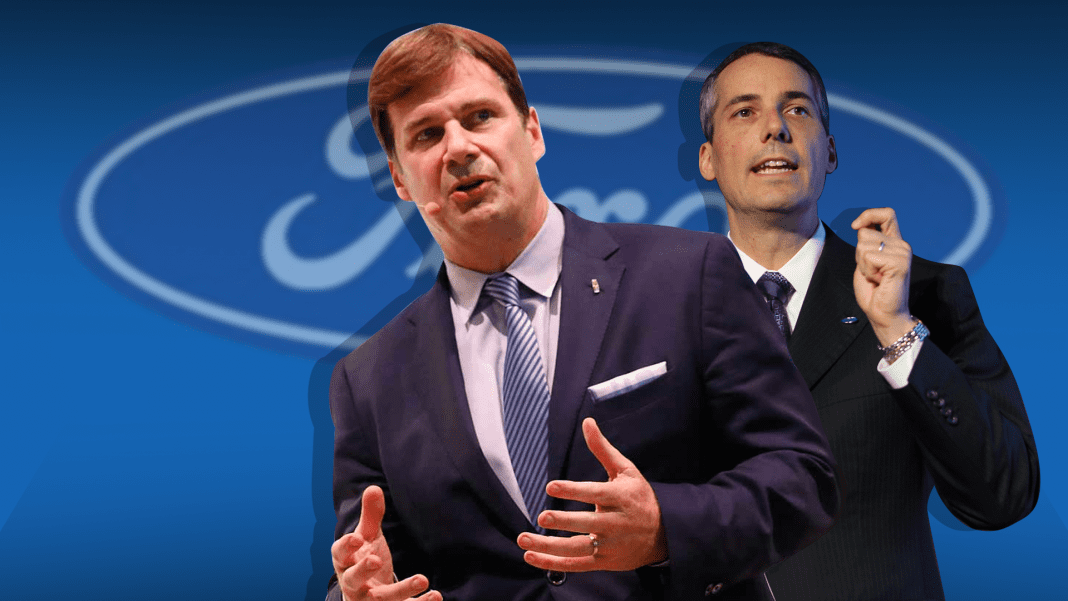The Q1 2021 earnings call for Ford investors might’ve taken some by surprise. Ford Motor Company reported their strongest first-quarter earnings in a decade, bringing in a net income of $3.3 billion USD. The Blue Oval brought in a record earnings before interest and taxes (EBIT) of $4.8 billion, up 6% from the first quarter of last year. The earnings call revealed that Ford’s strategy coming out of the pandemic is working. While much of the world is still under restrictions or lockdown in some form from the COVD-19 pandemic including America’s neighbors to the north, Ford’s domestic operations are thriving. Ford CEO Jim Farley said in a statement, “Our team is relentlessly executing our plan to turn around our automotive business so that we can create and deliver the high-value, always-on experience that our Ford and Lincoln customers deserve. There’s no question we’re becoming a stronger, more resilient company.” Overall, the carmaker’s financial position looks good with $31 billion in cash and as much as $47 billion in liquidity after a year that was expected to fare much worse.
Overseas operations doing much better
Outside of the US, Canada, and Mexico, Ford’s performance has been swiftly changing to a positive note, and positive cash flow. In Q1 2020, Ford reported a loss of $526 million dollars, largely due to the pandemic. Then-CEO Jim Hackett said in the earnings call at the time, “Ford people are keeping each other safe, limiting the spread of the virus, safeguarding healthcare workers and first responders, and taking care of customers. The imagination, initiative, and execution of our team is helping save lives today, and those qualities will allow Ford to emerge from this as a stronger company.” One year later, the picture is much rosier. Ford’s overseas operations earned $454 million to the positive, an increase of nearly $1 billion EBIT for Q1 results year over year.
Optimistic but tempered by shortages
A strong performance by Ford over the past three months is likely to be followed by one of the best months of April on record with frenzied car buyers snapping up vehicles at an accelerated pace. But the optimistic start to the year is all but guaranteed to experience a rough patch in production that will leave car lots short of inventory and, in all likelihood, wipe many of the incentives off the table for consumers. The ongoing semiconductor chip shortage is reaching assembly lines in full force at Ford, not to mention virtually every other carmaker in the world. The press release from the earnings call on April 28 notes a “~$2.5 billion adverse effect from semiconductor shortage”. Ford CFO John Lawler said the “issue will bottom out during the second quarter”, and assembly lines are expected to throttle down to 50% of production over Q2. It’s forecasted to cost Ford between 10% and 20% of their annual vehicle production volume, and with the shortage entrenched beyond the year, approximately 10% of the production planned in the second half of the year is expected to be affected. Ford’s results are very positive and can be expected to reflect much of the industry through the first quarter. After weathering the coming shortage, Ford should continue to be a dominant force in the auto industry.
Did you enjoy this article from Jason Unrau? Read other articles on CBT News here. Please share your thoughts, comments, or questions regarding this topic by submitting a letter to the editor here, or connect with us at newsroom@cbtnews.com.
Be sure to follow us on Facebook and Twitter to stay up to date or catch-up on all of our podcasts on demand.
While you’re here, don’t forget to subscribe to our email newsletter for all the latest auto industry news from CBT News.










